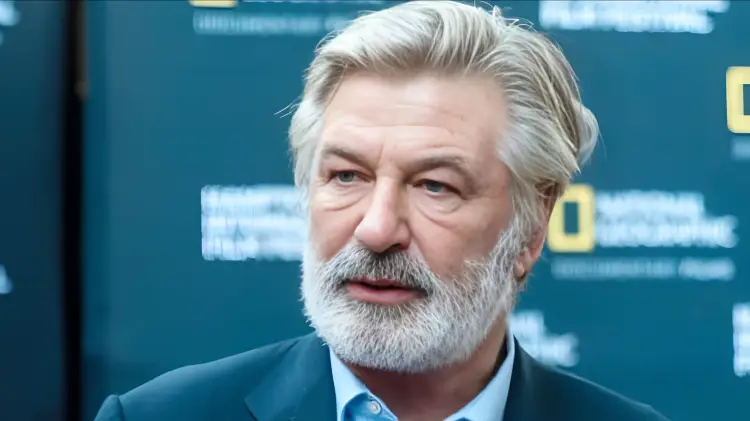This content was published in
November 27, 2024 – 10:20
Tbilisi, Nov 27 (EFE).- Georgian Dream (SG), the ruling party in Georgia, today presented the candidacy of the deputy and former soccer player Mikhail Kavelashvili for the head of state.
“He is a patriot, faithful to his principles,” said the leader of SG, billionaire Bidzina Ivanishvili, when announcing the candidacy of Kavelashvili, 53, a deputy for People’s Force, a movement related to the Government.
After his election, the magnate added, “he will defend the interests of Georgia and its people, and will not serve foreign forces.”
It is taken for granted that Kavelashvili, who in his years as a footballer played for Dinamo Tbilisi, Manchester City and several Swiss clubs, will be the next president of the country, since he will not be elected by universal suffrage, but by an electoral college. made up of 300 members, in which SG has a large majority.
The electoral college, which will elect the president on December 14, is made up of 150 deputies of the Parliament of the Republic; 21 members of the Autonomous Republic of Adzharia; 20 members of the Supreme Council of Abkhazia (in exile since 1993) and 109 local deputies.
“If Ivanishvili had nominated the zebra from his private zoo as a presidential candidate, he would have achieved the same effect: discrediting the position of president,” deputy Pasta Mandzhgaladze, leader of the opposition Unity-National Movement coalition, told the press.
The legislator denounced that Kavelashvili’s appointment is a maneuver that damages State institutions and assured that the opposition will continue its fight for the holding of new parliamentary elections.
In last October’s elections, whose results were described as fraudulent by opponents, SG and related parties won 89 of the 150 seats that make up Parliament, whose work is boycotted by the 61 opposition deputies.
The country’s current president, Salomé Zurabishvili, was elected in 2018 in elections with universal suffrage in which she obtained 59.5 percent of the votes.
Like the opposition, the president, whose mandate expires on December 16, denies all legitimacy to Parliament and demands the holding of new legislative elections.
Georgia is a parliamentary republic in which the head of state has only representative functions. EFE
mv-moss/jac
**How might the Georgian Dream party’s nomination of Mikhail Kavelashvili, a candidate with limited political experience, impact the perception of the Georgian political system both domestically and internationally?**
## Interview: The Future of Georgian Politics
**Host:** Welcome to World Today News, and thank you for joining us today for this in-depth discussion on the recent political developments in Georgia. We have with us two distinguished guests: Dr. Natia Giorgadze, a political scientist specializing in Caucasus politics, and Mr. Giorgi Kavtaradze, a journalist with extensive experience covering Georgian affairs.
**Section 1: The Candidacy of Mikhail Kavelashvili**
**Host:** Dr. Giorgadze, the ruling Georgian Dream party has nominated Mikhail Kavelashvili, a former footballer, for the presidency.
What are your thoughts on this choice, considering his background and the current political climate in Georgia?
**Dr. Giorgadze:**
*(Responds, offering analysis on Kavelashvili’s lack of political experience, Ivanishvili’s influence, and potential implications for the presidency)*
**Host:** Mr. Kavtaradze, the article mentions that Kavelashvili’s election is practically guaranteed due to the electoral college system. What is your perspective on this system, and how do you think it impacts the legitimacy of the presidency?
**Mr. Kavtaradze:**
*(Responds, discussing the concerns surrounding the electoral college system, the boycott by opposition deputies, and the impact on public perception of the presidency.)*
**Section 2: Opposition Responses and the State of Democracy**
**Host:** The opposition has strongly criticized Kavelashvili’s nomination and boycotts parliament. Dr. Giorgadze, how do you interpret these reactions, and what do they reveal about the current state of Georgian democracy?
**Dr. Giorgadze:**
*(Responds, analyzing the opposition’s strategies, their demands for new elections, and the broader context of democratic backsliding in Georgia)*
**Host:** Mr. Kavtaradze, the article highlights the tensions between the current president, Salomé Zurabishvili, and the ruling party. How significant is this rift, and what are its potential consequences for Georgia’s political stability?
**Mr. Kavtaradze:**
*(Responds, explaining the reasons behind the rift, the differing perspectives on the legitimacy of the parliament, and the potential risks and opportunities presented by this divided political landscape.)*
**Section 3: The Future of Georgian Politics**
**Host:** Looking ahead, what are the key challenges and opportunities facing Georgia in the coming months and years?
**(Both guests are invited to share their perspectives on the future trajectory of Georgian politics, the ongoing political tensions, and the potential impact on Georgia’s domestic and international relations.)*
**Host:**
*(Conclude the interview by summarizing key points and thanking the guests for their insightful contributions)*


